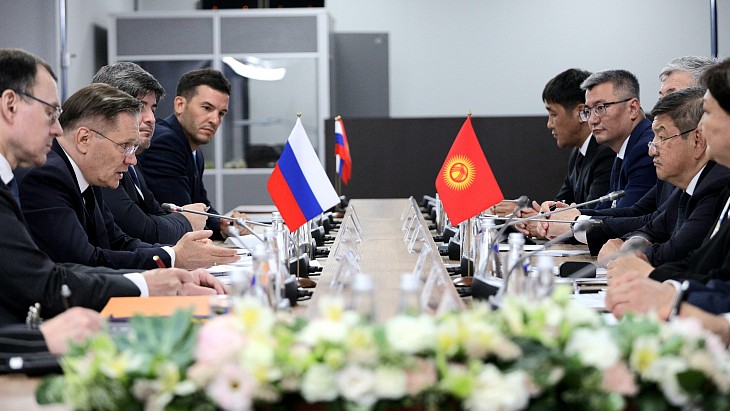The new centre is being developed within the framework of an International Atomic Energy Agency technical cooperation programme which aims to develop advanced nuclear medicine technologies in Kyrgyzstan, the Russian company said.
According to World Nuclear Association, “more than 10,000 hospitals worldwide use radioisotopes in medicine, and about 90% of the procedures are for diagnosis. The most common radioisotope used in diagnosis is technetium-99 (Tc-99), with some 40 million procedures per year, accounting for about 80% of all nuclear medicine procedures and 85% of diagnostic scans in nuclear medicine worldwide”.
Rosatom said the aim was to provide Kyrgyz residents with access to improved diagnostics for cancer, cardiological and other conditions.
Igor Obrubov, director general of Rosatom Healthcare, said: “We are happy to provide full support to our Kyrgyz partners in preparation for the commissioning of the new radionuclide diagnostics department. This project is vital for the development of nuclear medicine in the Republic of Kyrgyzstan and our further strategic cooperation. We donated the technetium generator to our Kyrgyz colleagues for training doctors. In the future, Rosatom is ready to fully meet the needs of the Kyrgyz Republic in technetium-99m generators.”
The next step, Rosatom said, was to obtain a licence from the regulatory authorities in Kyrgyzstan. In June, Rosatom and the Kyrgyz government signed a memorandum of cooperation which included an agreement to create a radiopharmaceutical centre, with a centre for molecular imaging and for targeted therapy at the National Centre for Oncology and Haematology.
Source : WNN


